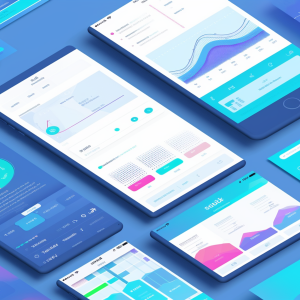UX Research Analysis
Learn UX research methods and data analysis techniques to unlock insights about user behaviors, attitudes, and motivations. Explore emerging tools that measure micro-interactions and how those intent signals are used to predict customer satisfaction.
Understanding user behaviors, attitudes, and motivations is key to designing seamless experiences across multiple touchpoints for customers. In this course, UX Research Analysis, you’ll learn how to conduct user research and data analysis to improve user experience on websites and mobile apps. First, you will learn how to complete a web metrics analysis using analytics software. Next, you’ll explore the difference between quantitative and qualitative UX research methods and how each is used to conduct competitor research for a SWOT analysis. Next, you’ll learn how to visualize customer mental models using card sorts, personas, and customer journey maps. Finally, you’ll discover how to test and evaluate the usability of products and services based on interface design principles and usability standards. When you’re finished with this course, you’ll have a foundational knowledge of UX research methods and data analysis techniques to improve user experience. Software required: None required, but applications discussed and recommended in course include Google Analytics, Google Optimize or Optimizely, and Hotjar.
Author Name: Justin Buehler
Author Description:
Justin Buehler is a strategic communications and learning consultant, and the founder of Buehler Strategies. His firm specializes in strategy, content development, and instructional design for clients in the high-tech, government, and nonprofit sectors. Justin’s corporate communications experience includes working with Fortune 500 leaders Adobe, eBay, and Raytheon on change management initiatives. He has developed courses for Allen Communication Learning Services and is the published author of E… more
Table of Contents
- Course Overview
1min - User Experience Analytics
16mins - User Research Methods
15mins - User Models and Maps
16mins - User Evaluation Methods
11mins - Course Review
0mins










There are no reviews yet.